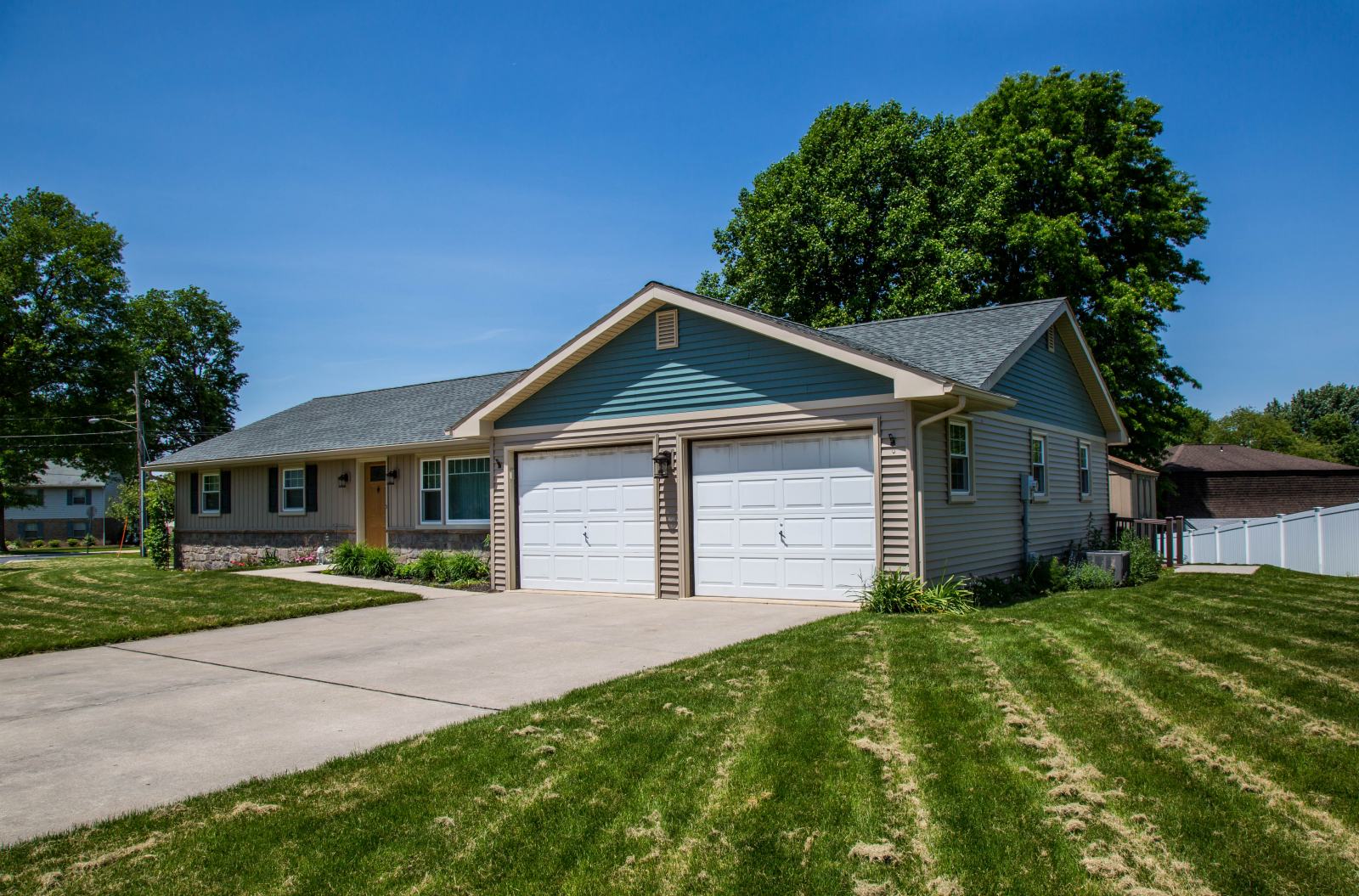Choosing the right materials for your garage addition is a crucial decision that can significantly impact the durability, functionality, and overall aesthetic of the new space. Whether you are planning to build a detached garage, expand an existing one, or create a completely new structure, thoughtful consideration of attached garage addition materials is essential.
Foundation and Framing:
Begin with a strong foundation. Concrete is a popular choice due to its durability and resistance to moisture. Ensure the framing materials are sturdy, with pressure-treated lumber being a common option. It helps prevent decay and insect infestation, providing a longer lifespan for attached garage addition.
Siding Materials:
The exterior siding not only affects the appearance of your garage but also plays a crucial role in protecting it from the elements. Common siding materials include vinyl, wood, and fiber cement. Vinyl is low-maintenance and cost-effective, while wood provides a natural and classic look. Fiber cement siding offers durability and resistance to rot and insects.
Roofing Options:
The roofing material you choose should complement the overall design while providing excellent protection against weather conditions. Asphalt shingles are a popular choice due to their affordability and versatility. Metal roofing is durable and energy-efficient, while wood shingles or shakes offer a rustic appeal.
Doors and Windows:
Garage doors come in various materials such as steel, wood, and aluminum. Steel doors are durable and low-maintenance, while wood doors offer a timeless aesthetic but may require more upkeep. Windows contribute to both aesthetics and functionality, providing natural light. Choose energy-efficient windows with durable frames to enhance insulation.
Insulation:
Adequate insulation is crucial for temperature regulation and energy efficiency. Insulate the walls, ceiling, and garage doors to create a comfortable environment and reduce heating and cooling costs. Common insulation materials include fiberglass, foam board, and reflective foil insulation.
Flooring Considerations:
Depending on the purpose of your garage addition, you may need to think about the flooring material. Concrete is a standard choice due to its durability and resistance to stains, but you can also consider options like epoxy coatings for added protection and a polished look.
Electrical and Lighting:
Plan for sufficient electrical outlets, lighting fixtures, and wiring to accommodate your needs. LED lighting is energy-efficient and provides excellent illumination. Consider installing outlets strategically for power tools, charging stations, and other electrical devices.
Local Building Codes and Regulations:
Before finalizing your material choices, be sure to check local building codes and regulations. Some areas may have specific requirements regarding materials, insulation values, and energy efficiency standards. Adhering to these codes ensures the safety and legality of your garage addition.







